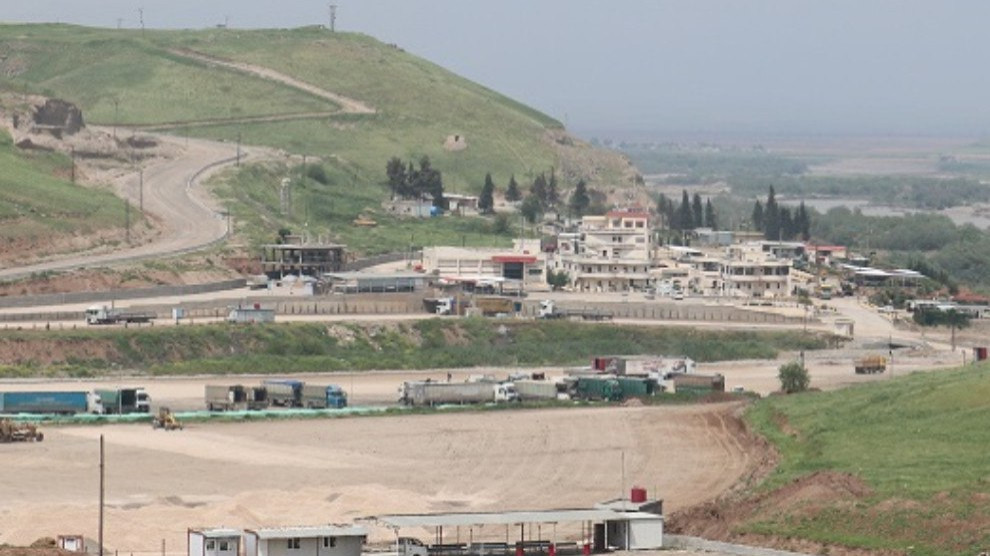The Autonomous Administration of North and East Syria issued a curfew on 23 March to contain the Coronavirus pandemic. The curfew has already been extended several times, most recently until 1 May.
ANF spoke with Rojin Ehmed, the spokesperson of the Health Committee in Qamishlo, about the measures taken so far to combat the viral disease.
"With the worldwide spread of Covid-19, we too have taken rapid action to prevent the outbreak of pandemic. First of all, the border crossings were closed. Since then, pandemic prevention teams have been regularly disinfecting streets, squares, shops and public facilities. Parallel to the proclamation of the curfew, crisis teams have been set up in the cities to coordinate action on the ground. In Dêrik, two working groups were set up to deal with a possible emergency. Subsequently, with a few exceptions, almost all public facilities were closed. Travel has been suspended. As a result, travel between cities within northern and eastern Syria is now prohibited except in extremely urgent cases."
According to Ehmed, quarantine centres have been established throughout northern and eastern Syria in case of suspected infection cases. In addition, all health centres were subjected to special cleaning. In Dêrik there is now a corona centre with 24 beds. Staff are regularly trained in the use and reprocessing of medical devices and safety equipment. The border crossings are open exclusively for goods traffic, and teams from the health committees also take fever measurements there. All vehicles are disinfected before they enter the autonomous area.
The fact that air traffic between Syria's capital Damascus and Qamishlo - the airport is controlled by the regime - has still not been suspended, however, causes problems, explains Ehmed. "Those entering the country are subjected to a corona check and then transferred to quarantine centres. Meanwhile, there are also two test centres in the autonomous region. So far we have tested 20 people. All results have been negative."
There are two refugee camps in Dêrik: Newroz and Roj. Both facilities are run by the Kurdish Red Crescent, Heyva Sor a Kurd. The Health Committee is in constant contact with the aid organisation, which is responsible for the implementation of protection measures within the camps.
"We receive no help from international institutions and organizations. This is a big problem, because our capacities are exhausted, we have great difficulties. Above all, we lack everyday medical supplies and appropriate equipment in the camps. The international organizations should finally support the region," Ehmed demands.
In the Autonomous Region, one person has so far died of Covid-19. In Shehba a village had to be quarantined because of a suspected infection, and the person affected has been taken to a hospital in Aleppo. No other cases of infection are known.















